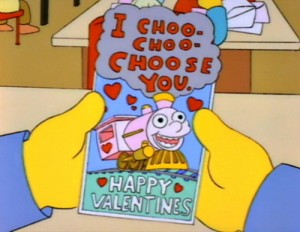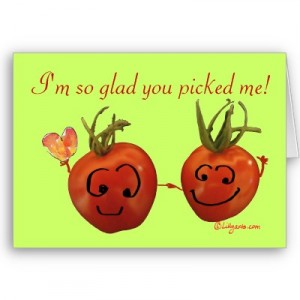On Monday next week, the theme will be all about love.
This feeling of love has been tied to more then just getting that butterfly sensation in your stomach. Love can now be described at a neurochemical level. Research is explaining love thanks to a little chemical called dopamine.
Dopamine neurones account for less than 1% of the total neuronal population in the brain, but have great effect on its function (Mardeson, 2006). It is involved in the control of movement and the modivation for reward. Deficiency in this neurotransmitter is tied to such diseases as Parkinsons ( Mardeson, 2006).
Dopamine has also been found to be relevant to the social pairing of males and females in long and short term relationships (Curtis et al, 2006). I have friends who talk about how their relationships have changed from fun and amazing to boring and dull. It amazes me that such a transition could be due to a lack of dopamine stimulation. But fear not, this isn’t the outcome for every relationship. Discovery News has reported on a study done by Arthur Aron (a social neuroscientist at Stony Brook University in New York) and his colleagues who have found that people in long term relationships who are madly in love are not lying and that this feeling can last!
The study took 17 people who felt that they were in long term loving relationships. MRI brain-scans were done while they looked at photos of their lover and of strangers (who had similar features). Their scans were similar to those of recently fallen in love people by having a high activity in the region of the brain which processes dopamine. There was also high activity in regions related to pair-bonding and attachment.Also when comparing scans of people in long term relationships who did not rate their feeling of love as highly as to those who do, had lower levels of activity in the dopamine processing portion of the brain. This little neurotransmitter has powerful affects on our emotions, feelings and relationships. Could a little boost in producing dopamine keep us all on clould 9?
So when you give a Valentine’s Day card this Monday, that feeling you get may not be so fleeting!
- 1.Marsden, C. A. (2006). Dopamine: The rewarding years. British Journal of Pharmacology, 147(S1), S136-S144. doi:10.1038/sj.bjp.0706473
- 2.Curtis, J. T., Liu, Y., Wang, Z., & Aragona, B. J. (2006). Dopamine and monogamy. Brain Research, 1126(1), 76-90. doi:10.1016/j.brainres.2006.07.126



One response to “That Lovin’ Feeling”